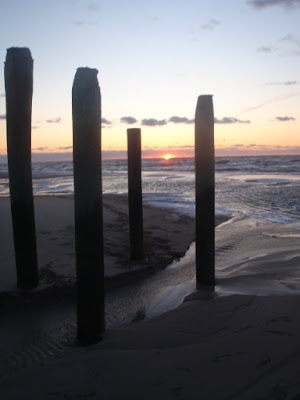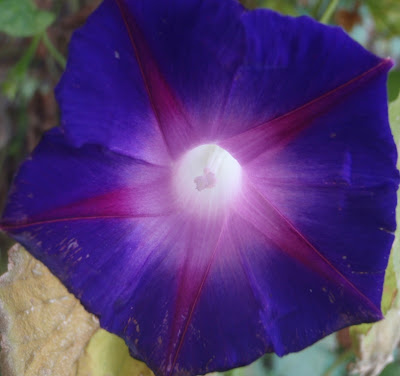"The eye of man hath not heard, the ear of man hath not seen, man’s hand is not able to taste, his tongue to conceive, nor his heart to report, what my dream was."Bottom, Midsummer Nights Dream
Except in June.
Just about every day this week I grabbed a few small, dark cherries from the small trees lining Liberty Street--just the right bitterness to counter the almost too rich fruitiness. The sun seems to have frozen in the north, teetering a week or two before starting our slow plunge back to darkness.
Life brims mid-June, feeding on the energy that bathes the Earth this time of year. The energy starts to dwindle tomorrow. Tonight I put my shoes away for the summer,unless, of course, there'a a wake. I took them off as I left our graduation ceremony. The ice returns in just a few months, as inevitable as the wakes that keep my shoes busy.
If you pay attention to these things, the dwindling light, the mad dancing of organisms in the June dusk, the aroma of honeysuckle drifting through your skull, the incessant buzzing of hundreds, thousands of critters aware of you, you'd go mad, of course, a Mid-Summer's Night Dream kind of insanity,
And many of us do--pay attention and go mad--mid-June, midsummer, when living requires little, as fine a time as any to toss a class of young adults out into the world.
And how many are "college and career-ready"? Not sure what that even means.
But I am sure of this--several hundred children from many different cultures, from many different lands, from many different circumstance, left our building tonight having an idea of what is possible, of what democracy can look like. A lot of them left our building "college ready" for schools they cannot afford, and "career ready" for jobs that left north Jersey a generation ago.
They are kind, they are brave, they are bright, and they are now adults entering a world Arne does not (or will not) recognize. As we turn inexorably to November, to darkness, to fear, I hope that a child's new-found knowledge of how the natural world gives her pause before she plunges into cynicism, or to self-loathing.
It's a beautiful world out there, but a world defined by limits imposed by our sun, our soil, or water. Our children are of this world, so long as they live. This matters more than any games imposed by wealthy gentlemen governing from hundreds of miles away.
Congratulations to our Class of 2011. This is your world, get to know it beyond the boundaries imposed by human words and limited ideas. Embrace it like you own it.
Because you do.
Teaching matters.
The print is Titania, by Joesph Noel Patton, 1850.
The print is Titania, by Joesph Noel Patton, 1850.
































